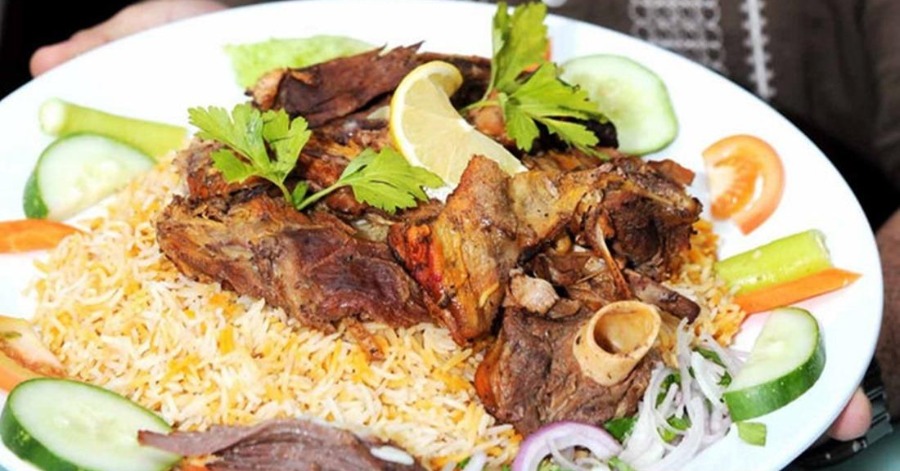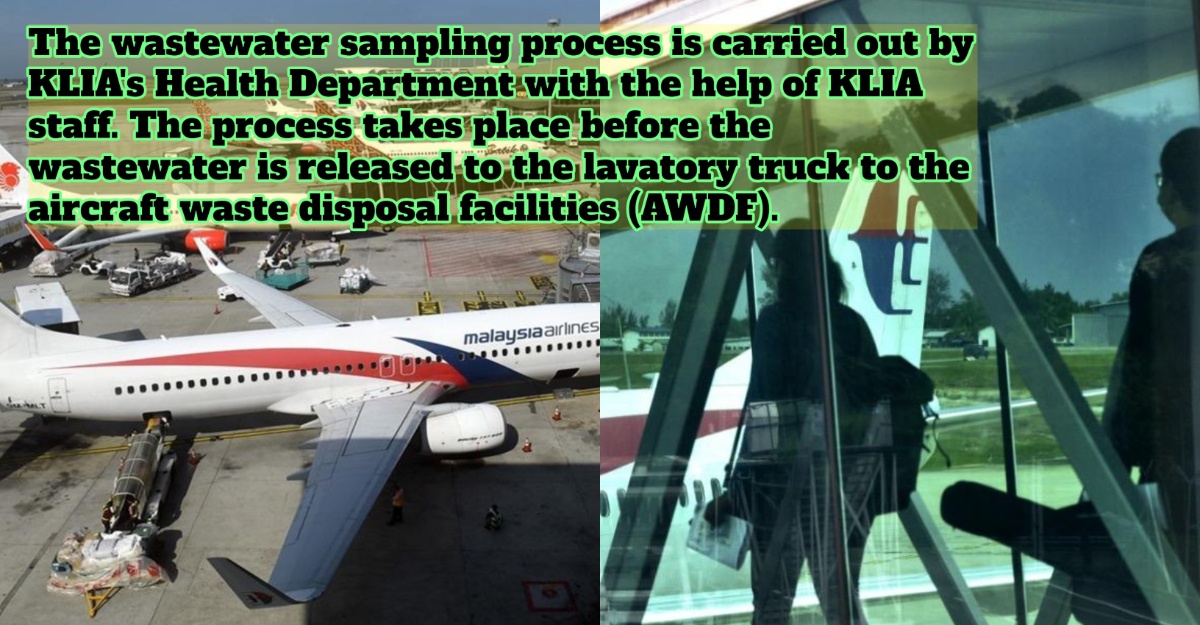KUALA LUMPUR, Nov 17 — The potential rise in food insecurity during the third wave of the COVID-19 pandemic has caused many countries, especially developing ones, to focus on optimising natural resources.
This is to ensure that the agricultural sector remains functioning as usual in supplying sufficient quality food at reasonable prices while consumers can get raw supplies during the movement control order and when facing loss of income.
The 2021 Budget tabled during the peak of the third wave of the pandemic was seen as timely as the people look forward to important incentives in planning current interests especially to ensure the survival of the agriculture and food security industry.
Universiti Kebangsaan Malaysia (UKM), Faculty of Science and Technology, Department of Food Sciences senior lecturer Dr Saiful Irwan Zubairi said following the seemingly endless pandemic, food security issues were seen to have a chain effect on the country.
“The main risk during the pandemic crisis is disruption of the domestic food supply chain.
BUDGET-FOOD SECURITY 2 KUALA LUMPUR
“Although it is seen that food prices remain stable, the chain reaction has begun to appear such as inflation of raw material prices throughout the supply of food to consumers, disruption of supply and transportation operations as well as lower exchange rates,” he told Bernama.
According to the United Nations World Food Programme, some 265 million people worldwide are expected to face the risk of food insecurity by the end of 2020 due to the loss of income.
However, the risk is seen as moderate in the country, especially with the various incentives given in the 2021 Budget, including the micro credit financing through Tekun, Perbadanan Usahawan Nasional Bhd (PUNB) and Bank Simpanan Nasional (BSN) amounting to RM1.2 billion to help the B40 and M40 groups.
“The RM1.4 billion allocation for the National Development Scheme and Bank Pembangunan Nasional to support the implementation and development of domestic supply chain and increase the production of local products is the right step in reabsorbing the sharp increase in prices or to cover the operating costs of manufacturers due to declining demand during the pandemic period,” he said.
Saiful Irwan said the RM30 million allocation for the e-Rebate of RM200 for the purchase of energy efficient locally manufactured air conditioner or refrigerator would benefit smallholders in ensuring fresh produce.
“Apart from that, the allocation of RM1.5 billion for the extension of wage subsidy in assisting 70,000 employers and 900,000 workers in the plantation and agriculture sectors is timely in rebalancing the flow of manpower and the supply of agricultural products,” he said.
Meanwhile, Universiti Putra Malaysia’s School of Business and Economics deputy dean Assoc Prof Dr Normaz Wan Ismail said there were two main dimensions in food security that were given attention in the budget, which was tabled on Nov 6.
It involves the ability to buy food by providing various incentives in the form of cash or other incentives as well as the provision of high financial distribution to the agriculture and food sector to ensure the food supply chain remains unbroken.
“RM3.8 billion is allocated to the Ministry of Agriculture and Food Industry, of the total, RM1.72 billion is given in the form of subsidy, aid and incentive to farmers and fishermen. This assistance will help increase the production capacity of agricultural products.
“We need to take advantage of this COVID-19 crisis to increase domestic production, especially from the agriculture and basic food sectors.This will indirectly reduce the country’s dependence on imported food and ensure the sustainability of food security,” Normaz said.
Source: BERNAMA









Leave a Comment